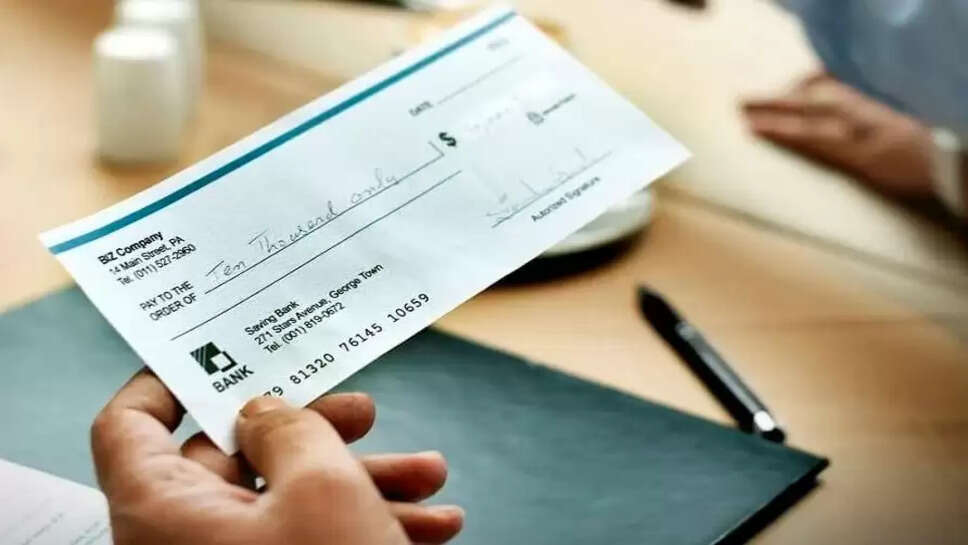Bank Cheque New Rule: When is it necessary to sign on the back of the cheque? Know the rules or else you will be duped
Bank Cheque New Rule: It is very important to know the rules while transacting with a cheque, because a small mistake can cause the cheque to bounce and you may have to suffer a loss. To avoid such mistakes in future, it is important to know the rules related to issuing a cheque... otherwise you will have to suffer a huge loss-

Breaking News, Digital Desk - ( Bank Cheque New Rule) In today's digital age, money is transferred instantly through UPI, but cheques are still used a lot.
It is very important to know the rules while transacting through cheques, because a small mistake can cause the cheque to bounce and you may have to suffer a loss. To avoid such mistakes in future, it is important to know the rules related to issuing cheques.
A cheque is a powerful financial instrument. It facilitates the exchange of money. Before signing any cheque, you should know who the person to whom you are giving the cheque is and what is its purpose?
It is very important to sign at the back of this cheque.
While issuing a cheque, it is not necessary to sign on the back of all cheques. It is mandatory to sign on the back of a bearer cheque, especially when you are giving it to someone.
This is because a bearer cheque does not have the name of any person and it has to be deposited in the bank. On the other hand, there is no need to sign on the back of an order cheque.
That is why bearers sign on the back of cheque-
If you issue a bearer's cheque and it gets stolen by mistake, you may suffer a huge loss in such a situation. There is no name of any person in this cheque.
Hence, the bank asks you to sign on the back of it. Without signing on the back, the bank does not accept the bearer's cheque.
This ensures that the transaction done through this cheque has been done with your consent. If there is any mistake in this, the bank will not be responsible for it.
